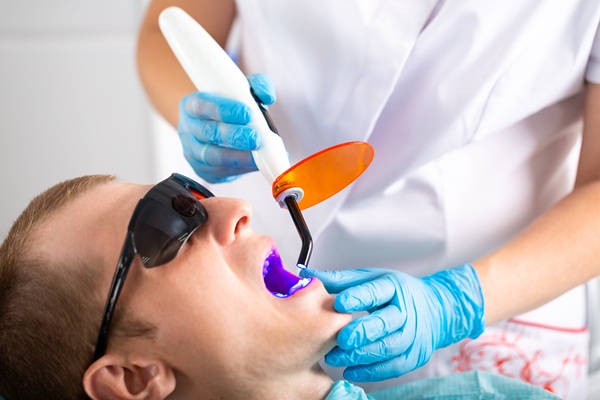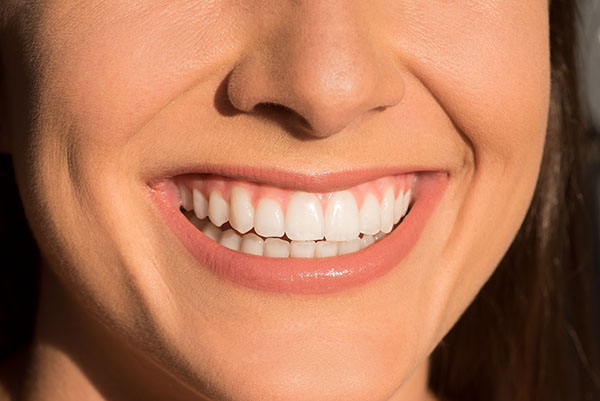 Dental veneers are a popular cosmetic dentistry option for those who want to enhance their smile. They are thin, custom-made shells that sit on the front surface of teeth to improve their appearance. Veneers can correct dental imperfections, including stained or discolored teeth, chipped or misshapen teeth, and gaps between teeth.
Dental veneers are a popular cosmetic dentistry option for those who want to enhance their smile. They are thin, custom-made shells that sit on the front surface of teeth to improve their appearance. Veneers can correct dental imperfections, including stained or discolored teeth, chipped or misshapen teeth, and gaps between teeth.
If you are considering getting dental veneers, you may have questions about the process and what you need to know to get started. The following blog answers the most common questions about dental veneers.
Common questions about dental veneers
Do dental veneers last a long time?
Yes. Dental veneers can last up to twenty years. However, their lifespan depends on how well they are taken care of. To prolong their lifespan, brush and floss their teeth regularly and avoid biting hard objects like ice or candy. The patient should also avoid using their teeth to help open packages or bottles.
Are veneers permanent?
Dental veneers are a permanent cosmetic dentistry solution that involves removing a small amount of tooth enamel before placing the veneers. However, this makes the process irreversible, and the patient must replace any damaged veneers with new ones.
Who is an ideal candidate for dental veneers?
While most people are good candidates for dental veneers, a dentist must evaluate the patient's teeth to determine if they are candidates. Also, if the patient has significant decay, gum disease, or other oral health issues, they will likely need to address and treat these issues before getting veneers.
Do veneers look natural?
Dental veneers look and feel like natural teeth. It is possible to customize the veneers' shade, shape, and size to blend seamlessly with the rest of the patient's teeth. Many people will not even be able to tell that the patient has veneers.
Does it hurt when getting veneers?
Getting dental veneers is typically not a painful process. The dentist will use local anesthesia to numb the area before removing a small amount of tooth enamel and placing the veneers. After the procedure, the patient may experience some sensitivity, but it should subside within a few days.
How long does it take to place the veneers?
From start to finish, it typically takes at least two appointments. During the first appointment, we will prepare the patient's teeth by removing a small amount of tooth enamel and taking impressions of the teeth. These impressions will help create custom-made veneers, which will take weeks for an off-site dental lab to fabricate.
We will bond the veneers to the teeth during the second appointment with a special adhesive material. We will also make necessary adjustments to ensure the new veneers are comfortable and allow the patient to bite and chew properly.
Does insurance cover dental veneers?
Since many insurance providers consider veneers as not medically necessary, insurance typically does not cover the cost. Unfortunately, this means the patient will likely need to pay for the procedure out of pocket. However, our team will work with the patient to ensure they achieve the smile of their dreams and can make a payment plan to fit their needs.
Ready to learn more?
If you are considering dental veneers to improve your smile, it is important to do your research. If you still have questions, contact our office to learn more. We will happily answer your questions and can schedule you for an initial consultation to ensure that dental veneers are the right option for you.
Request an appointment or call R. David Brumbaugh, DDS at 214-306-4402 for an appointment in our Dallas office.
Related Posts
Dental veneers may be the most effective option to repair uneven, misshapen, or broken teeth. They can also help reduce gaps in the teeth. Traditional veneers come in two main types: porcelain and composite resin. While both can help you achieve that movie-star smile, they have some differences. This article will explore both porcelain and…
Getting dental veneers can improve your smile. These thin shells can also protect the treated teeth. Your dentist can determine if you can have this treatment. Here are the details to see if you are a candidate for dental veneers.The enamel can thin out because of sweet and acidic foods and drinks. Hard brushing can…
Dental veneers are versatile restorations. Your dentist can improve the health and appearance of your teeth by applying these custom-fit shells. Talking to your dentist about the procedure can motivate you to set your treatment schedule. Here are the pros and cons of getting your dental veneers.Dental veneers can be a good choice for dental…


